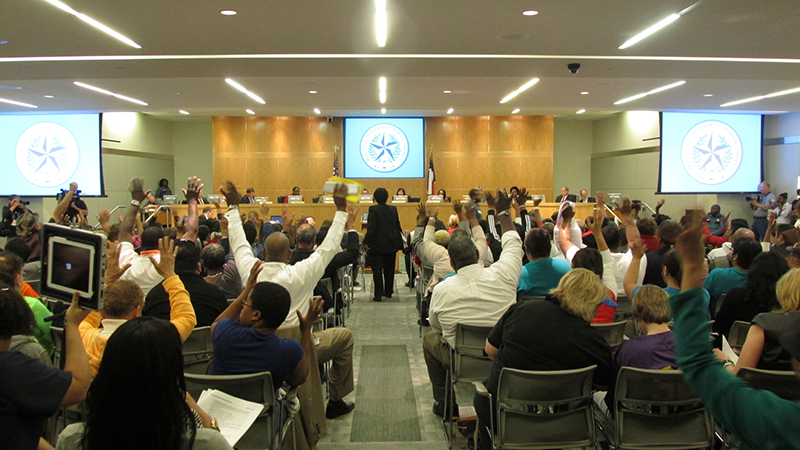I, like many others in my generation, often assume I have mastered the art of the internet. Since much of Gen Z’s relationship with technology and the world of social media started in childhood, we are naturally perceived to be the most tech-savvy generation. However despite our reputation, a report found that Gen Z was actually more susceptible to misinformation and false headlines than older adults. The best performing group was actually aged 65 and above.
This problem might relate to teen’s over reliance on social media. The results of a poll given to Carnegie students showed that 75% of students use social media as a main news source, as opposed to things like news broadcasts or newspapers. As opposed to the 15% percent of students that answered newspapers (both digital and print). The results were as expected, it is a well documented fact that the skyrocketing of social media has been simultaneous to the decline of newspaper relevance. Social media has replaced newspapers as a main platform for news. But with this comes problems, social media is a tool for misinformation and conspiracies despite some attempts by platforms to control the spread. Simultaneously the rise of AI has only furthered the spread of misinformation. Doctored images spreading through social media has changed photography from a once reliable source to “as good as words”.
The question is, how will this spread of misinformation affect teenagers? When asked if they believe social media has a huge role in teens’ beliefs , 96.4% of Carnegie student respondents answered yes. This indicates a problem; teens spend an average of almost 5 hours a day on social media, and with a majority of students consuming news through social media, the vast amount of misinformation spread through these platforms could have a mass effect on the views of teens. This becomes increasingly important as many teens reach voting age. As we discussed before, political messages are spread heavily throughout social media, and being fully informed citizens helps us navigate such important decisions.
Newspapers and broadcast media are not without their issues either. Bias is extremely prevalent throughout media publications. Researchers agree that these newspapers are developing ideologies that are reflected in their reports. However, media organizations generally have an obligation to report facts, while social media does not. Oftentimes headlines will be the most biased, polarizing, or attention grabbing. This causes chaos or overreactions when readers read the headlines without reading the content of the article. But not all is lost, when asked if they typically research additionally to information presented to them online, 75% of all student respondents answered yes. This shows that many teens are already practicing the habit of fact checking their media, social media or not. To combat misunderstanding of all media types, we can utilize the skill of media literacy.
Media literacy is the ability to understand, analyze, and evaluate media. It is the modern approach to literacy, and possibly the solution to our misinformation problem. However, media literacy is not a topic often pushed on teens. When it comes to internet education, schools tend to focus their efforts on cyberbullying. While cyberbullying is extremely relevant, helping teenagers understand the media they spend hours reading will prepare them for a world that is about to become even more digital. It empowers us to ask questions, and find truth from falsehood. The first step to media literacy is teaching credibility, knowing when a source is credible and not. Next would be critical thinking, being able to form a judgment through rational and unbiased thinking. And finally, being able to identify bias; is this information coming from ulterior motives? These tools mobilize us to control our own media experience and not be swayed by false information.








